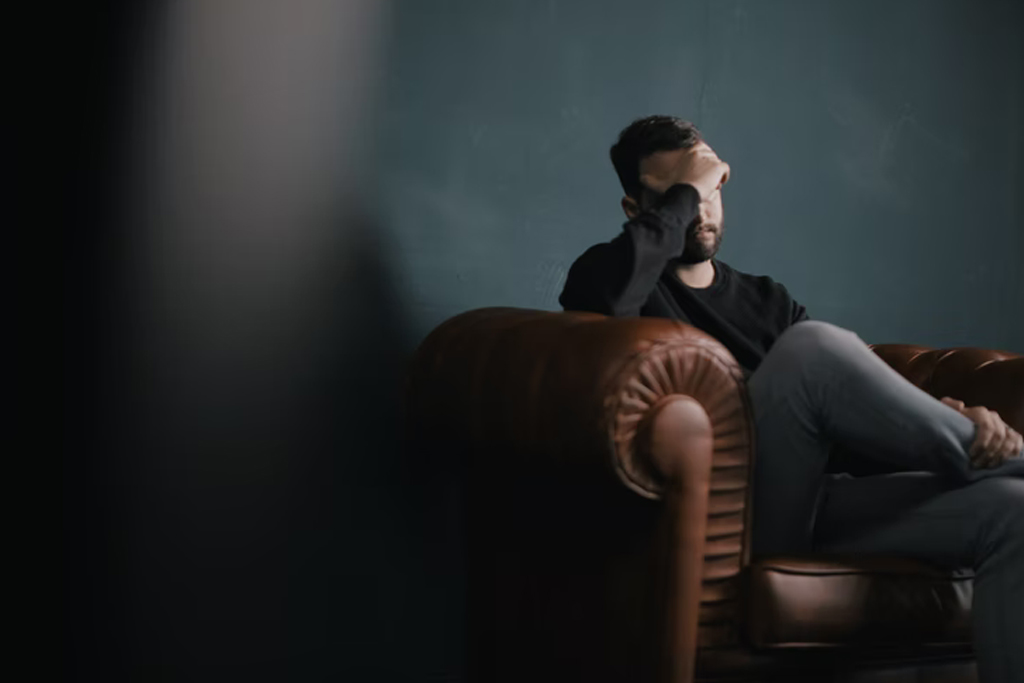
Marijuana, which can also be called cannabis, pot, weed, or dope, is the dried flowers and leaves of the cannabis plant. Often used as a recreational drug due to its mind-altering properties.
(CDC.GOV)
Cannabis or Marijuana contains a chemical called Tetrahydrocannabinol or THC, which is a known hallucinogen.
A hallucinogen is a chemical that enters your brain via your bloodstream and alters your perception of reality. It also alters your mood and behavior.
Marijuana is often used as a recreational drug, by smoking it or using it in brownies or other forms of edibles. It happens to be one of the most common drugs of abuse worldwide.
Using marijuana gives people an initial feeling of euphoria and relaxation. You will see people using the drug become:
● Increasingly uninhibited
● More talkative
● Hungrier
● and all those affects you generally see in a ‘drunk’ person
However, some of the more unpleasant effects of marijuana include:
● Nausea
● Vomiting
● Vivid hallucinations
● Loss of control over movements
● Loss of bladder/bowel control
● Loss of libido
● Memory problems
A lot of these effects are usually seen in the recovery or withdrawal phase.
The general consensus is, there is no safe way to use marijuana. Addiction is an increasingly common problem seen with cannabis users.
Effects of Marijuana on Mental Health
Several studies have shown that there is a definite association between using marijuana and developing psychiatric illnesses.
Some psychiatric illnesses commonly seen in marijuana users include depression, anxiety, psychosis, and substance abuse disorders. The most common of these is psychosis or schizophrenia.
However, these effects are strongly influenced by other factors such as the amount of drug consumed, frequency of drug usage, duration of drug abuse, history of addiction in the family, and genetic predisposition (a parent having a history of psychiatric illness).
Individuals that tend to start using the drug at a younger age, are more likely to suffer from psychosis caused by marijuana use.
Similarly, individuals with parents with a history of substance abuse or psychiatric illnesses are more prone to suffering from them as well.
On the other hand, people using marijuana, or pretty much any other recreational drug, have a history of underlying mental illness, such as depressive disorders.
So rather than understanding it as a cause-effect relationship, it’s more accurate to consider substance abuse with marijuana, comorbidity with depressive disorders.
This is supported by the fact that using recreational drugs such as cannabis can often worsen the symptoms of underlying depressive disorders such as depressed mood, anxiety, suicidal ideation, and lack of interest in routine activities.
Even if drug users don’t develop a psychiatric disorder per se, some other mental drawbacks of using marijuana include:
● Memory deficits such as short-term memory loss
● Difficulty concentrating
● Difficulty accomplishing routine tasks
● The social distress that comes with addiction
Addiction to Marijuana
1 in 10 people who use marijuana can develop an addiction to it. The sooner one starts to use it, the more likely one can get addicted.
With daily use, you can develop a tolerance, meaning, you need a higher dosage of the drug to achieve the effects you’re used to. This leads to a vicious cycle that ultimately spirals into a substance abuse disorder.
Symptoms of substance abuse or addiction include:
● Irritability
● Hostility
● Insomnia
● Mood swings
● Reckless behavior
● Low mood
● Tremors
● Other health problems such as issues with the liver, kidneys, and other organs
A more definitive diagnosis of addiction can be made with a series of assessment and lab tests; these include an addiction assessment, blood work, urine testing, and other things the recovery guide might advise.
What to do If Someone You Know is Suffering from a Marijuana Addiction?
Don’t be afraid of seeking help! The sooner you convince them to get help, the more likely they are to recover from the addiction.
Seek Professional Help
Take them to a recovery coach, who will refer them to an addiction counselor or mental health professional. A recovery guide or addiction professional will then suggest the most appropriate way to wean them off their addiction. They might also suggest therapy, drug rehab, and medication that could help.
Join Support Groups
It might be a good idea for both, the caregiver and the addicted person, to join a support group or a recovery coaching session. Talking about it will definitely help provide some insight as to how people have recovered from addiction in the past.
Getting help for the family is also very important since they too suffer the repercussions of addiction.
Be Supportive
Remember, addiction isn’t easy. It can completely wreck how a person views themselves and the world. You can only help someone by being there for them every step of the way and offering them the courage to change, with whatever support you can give them.
Don’t Lose Hope!
While marijuana addiction is tough, you can definitely help a loved one recover from the addiction with patience and determination.
There is solace in knowing that there have been a lot of people down this path before and they have come out on the brighter side of things, and you will too!
Michael Herbert, The Recovery Guide, has more than 30 years of experience working closely with individuals and families dealing with addiction and recovery issues. He is a seasoned Coach and can help you and your family establish long-term goals and access the tools you need for continued abstinence and recovery for the entire family. Get in touch with Michael today at 561-221-7677 to schedule an appointment.